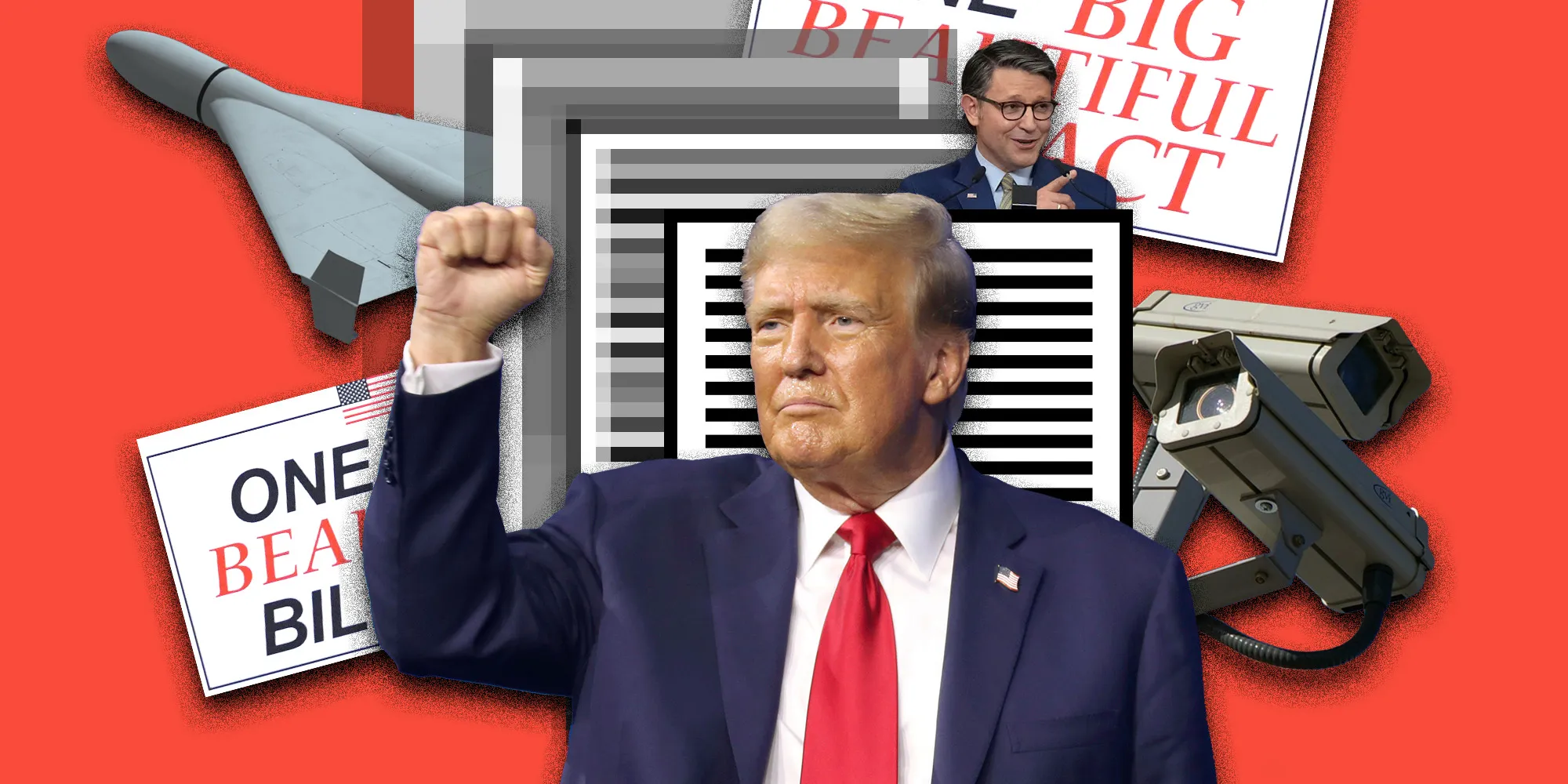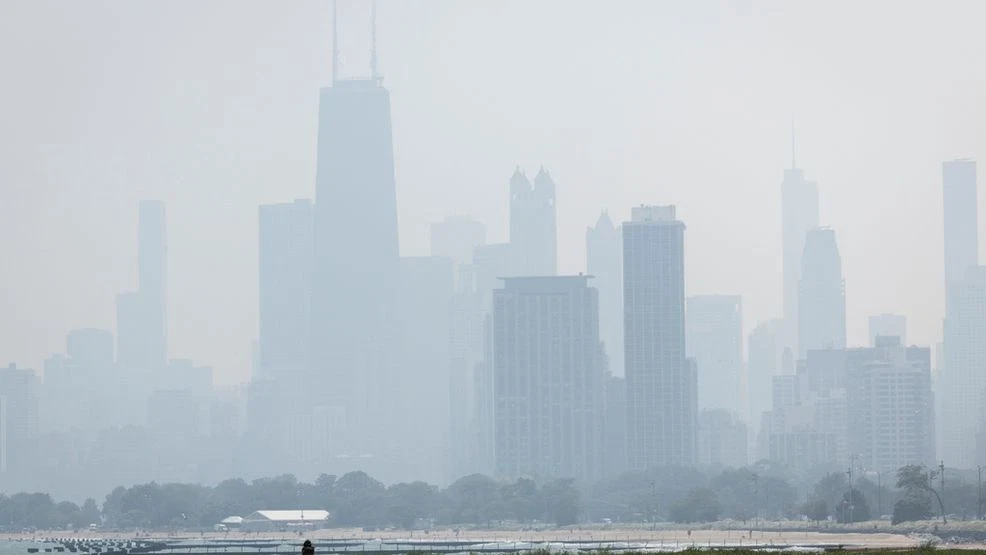ILLINOIS — President Donald Trump’s sweeping tax proposal, branded as the Big Beautiful Bill, passed the U.S. House of Representatives by a razor-thin margin on May 22. If it clears the Senate, the bill could reshape how Illinois workers — especially those who earn tips or overtime — pay taxes.
What Is the Big Beautiful Bill?
The bill is a comprehensive package aimed at delivering on several of Trump’s 2024 campaign promises. Officially titled the One Big, Beautiful Bill, it proposes significant changes in federal tax and spending policy, including:
-
Ending income tax on tips and overtime pay
-
Making 2017 tax cuts permanent
-
Tightening Medicaid eligibility and work requirements
-
Blocking Medicaid funds for non-citizens
-
Eliminating federal income tax on Social Security benefits
It also touches on electric vehicle credits, border security, and energy policy. Despite opposition from Democrats and a few Republicans, the bill passed the House and now awaits Senate review, with a deadline set for October 1, the start of the next fiscal year.
How Illinois Workers Would Benefit from Tip and Overtime Tax Cuts
One of the most impactful elements of the bill for Illinois residents is the No Tax on Tips proposal. This provision would allow workers who customarily receive tips — such as restaurant servers and bartenders — to deduct up to $25,000 in tip income from their federal taxable income.
💡 This deduction applies to workers earning up to $160,000 per year, a threshold that would increase over time to account for inflation.
In Chicago, tipped workers currently earn a minimum cash wage of $11.02, with plans to phase out the tipped wage entirely by 2028. According to the U.S. Department of Labor, Illinois employers must still ensure tipped workers make the full minimum wage when tips and base pay are combined.
In addition to tip income, the bill introduces a No Tax on Overtime deduction. Workers paid for overtime would be eligible to deduct that income from their taxes through 2028 — but only if they are not classified as “highly compensated employees.” Workers must also list a valid Social Security number, excluding undocumented workers from the benefit.
What’s Next for the Bill in the Senate?
While Trump and his allies originally targeted a Memorial Day passage, the bill is now facing hurdles in the Senate, where its passage is far from guaranteed. Lawmakers have until July 4 to fast-track negotiations if they want to meet the president’s preferred timeline. Failing that, the absolute deadline is October 1 to avoid a government shutdown.
Only two Republicans broke ranks to vote against the bill — Thomas Massie (KY) and Warren Davidson (OH) — while others abstained. House Speaker Mike Johnson has remained confident the package will advance.
Implications for Chicago’s Service Economy
If the bill becomes law, Chicago’s service workers stand to benefit significantly. With a vibrant hospitality industry, thousands of bartenders, baristas, and servers could see substantial relief come tax season.
The city has already moved toward wage reform, including the One Fair Wage initiative, which plans to eliminate the sub-minimum tipped wage altogether by 2028. This federal tax deduction would be a parallel support for the same workforce.
Are you a tipped worker or hourly employee in Illinois? How would a tax break on your tips or overtime change your finances? Share your thoughts in the comments at ChicagoSuburbanFamily.com.












